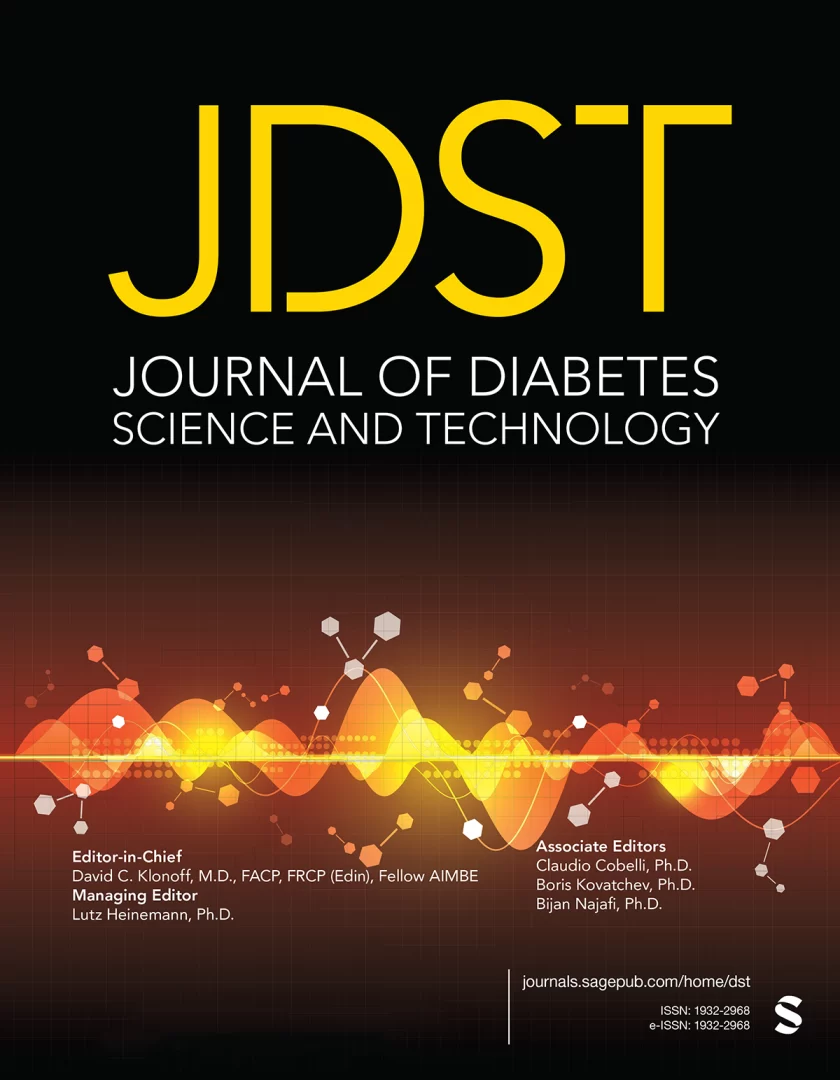Rethinking Healthcare for Adopted Adults

Original Article: https://www.medscape.com/viewarticle/no-family-history-why-doctors-need-new-playbook-adopted-2025a10004k9
Challenges with Family History Forms
Adopted adults often face a unique problem when visiting the doctor. Standard medical forms ask for a detailed family health history—a task that can be nearly impossible for someone who was adopted. Jade Wexler, who experienced this firsthand as a teenager, later realized as a medical student that many doctors lack clear guidelines on how to handle cases where patients do not have access to their biological family’s health history.
Impact on Health and Mental Well-Being
The absence of family medical history can lead to serious problems. Studies show that adoptees often feel stressed and anxious about not knowing their genetic risks. This uncertainty may lead to gaps in preventive care and even higher risks for mental health issues. Many adoptees turn to genetic tests to fill in the blanks, but without proper guidance, the results can be confusing and increase anxiety rather than help.
A Call for New Guidelines
Experts argue that doctors need new training and clear protocols to better care for adopted adults. Simple changes, such as updating electronic health records to include options like “Adopted” or “Unknown family history,” could make a big difference. Additionally, asking open-ended questions about what patients do know—rather than assuming they have complete family details—can help build more personalized care. New training modules and ongoing research aim to ensure that all patients, including adoptees, receive thoughtful and informed medical care.

